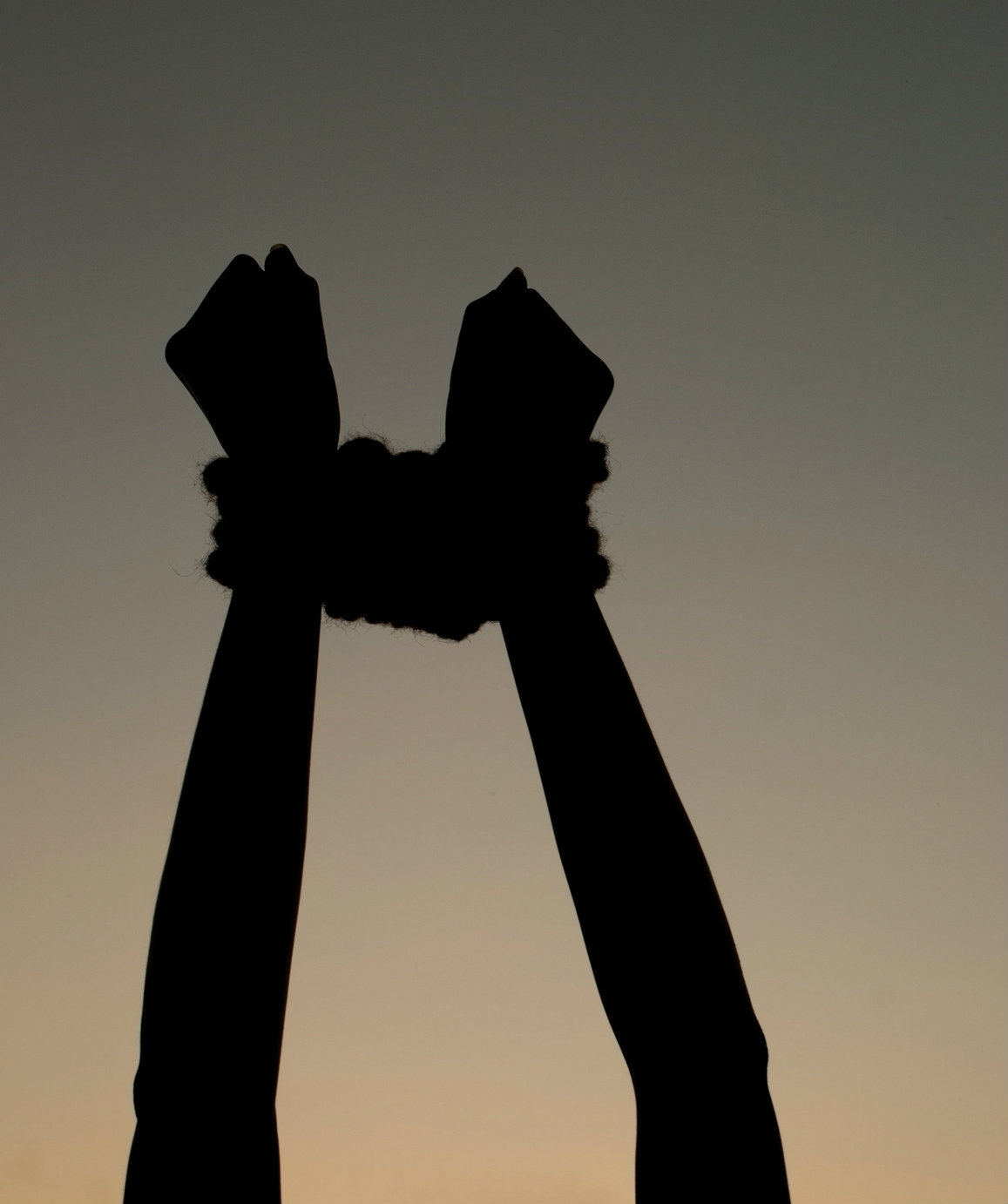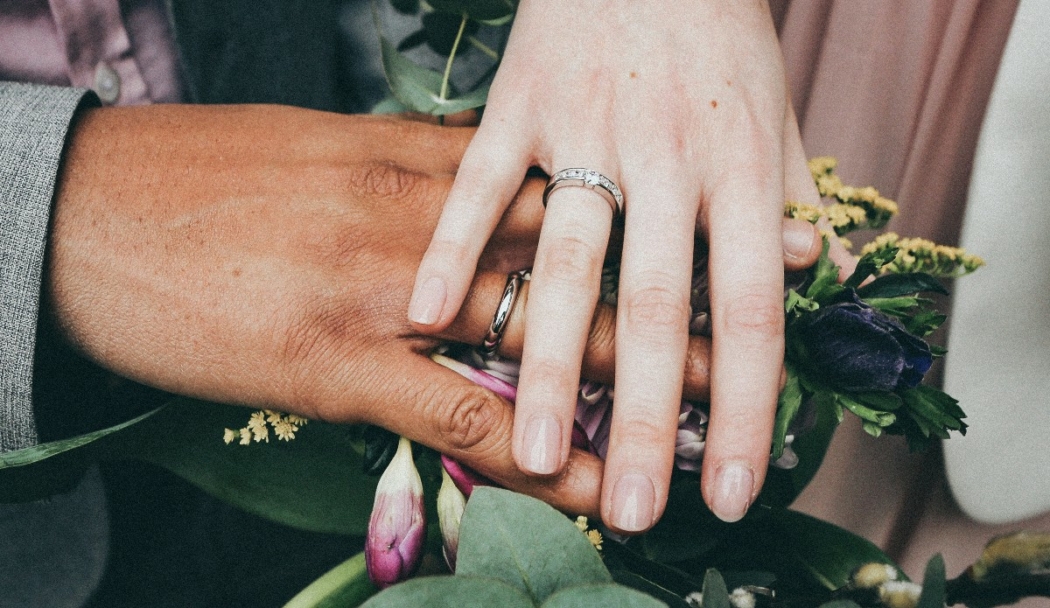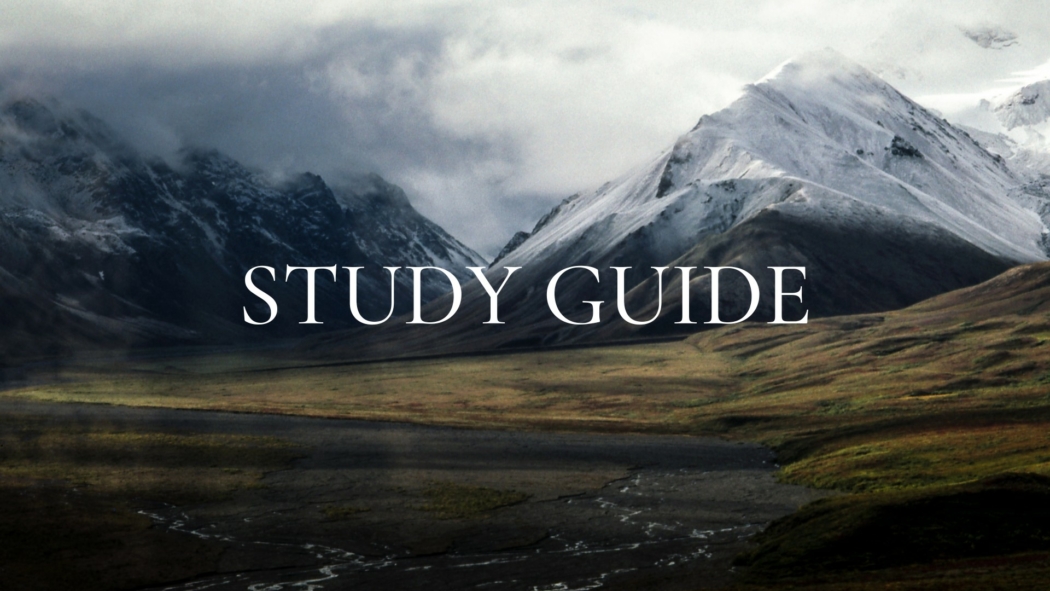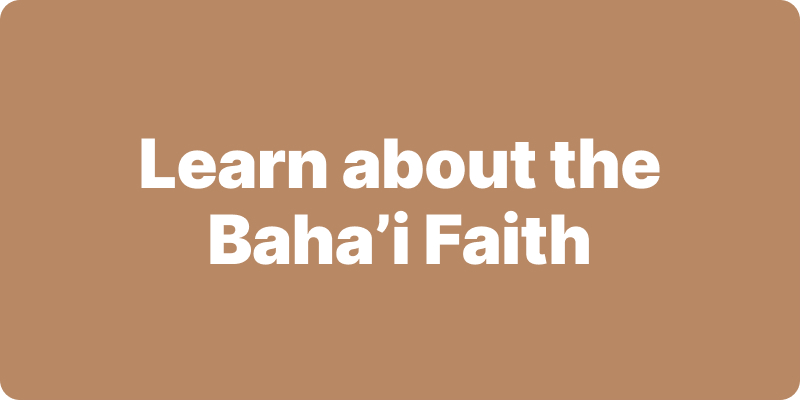In the late 1990s, the United Nations began recognizing August 23 as International Day for the Remembrance of the Slave Trade and of Its Abolition. On that date in 1791, slaves on the island of Santo Domingo (modern Haiti and the Dominican Republic) began an uprising that would be critical in the eventual abolition of the transatlantic slave trade.
There are few concepts more anathema to the Baha’i Faith than slavery. It offends a long list of Baha’i sensibilities as well as the Faith’s express tenets – from the equality of the races, to the importance of the family unit, to the equality of the sexes, and the general advancement of human rights.
Remembering historical slavery is vital. And it is important to understand that no population has had a monopoly on either side of this shameful institution; virtually every population at various points in history has been both enslaved and has either held or traded slaves. Egyptians enslaved Hebrews. Romans enslaved Celts, Germans, Slavs and anyone else their empire overran. As much as 80 percent of ancient Athenians were slaves. Mayan and Aztec civilizations enslaved their defeated military foes and used them for human sacrifice. And of course, black Africans were captured and traded by Arabs and other black Africans to Anglos and Hispanics in the New World. In a sense, understanding the extent to which slavery is ancient, universal, and omni-directional helps us move beyond collective grudges and collective guilt, neither of which is conducive to unity.
And sadly, of course, this story is not entirely in the past. Even though it is outlawed in every nation (Mauritania being the last to outlaw it, in 1981), experts say as many as 27 million people are slaves today. Human trafficking, consisting mainly of the heinous sexual slavery of women and children, is the locus of modern slavery and rampant in many parts of the world. And how is slavery behind us when, perhaps the most evil practice ever conceived — the forced conscription of child soldiers — persists.
But even as we work to stamp out the last vestiges of literal slavery, in which humans are reduced to property, we can still take a moment to appreciate the undeniable progress humanity has made on this front. While it still exists, it at least has been forced to the fringes of every society. Whereas “underground railroads” once delivered people into freedom, it now is slavery that has been forced underground, and that reversal in itself is a testament to progress. It’s no longer in the town square.
While other historic religions — including Judaism, Christianity, and Islam — have all struggled to reconcile this ancient practice with the unfolding will of God, the Baha’i Faith has been clear since its beginning: In the Most Holy Book, Baha’u’llah expressly forbids slavery. And in The Hidden Words, He beautifully reveals the full extent of human equality and unity:
O CHILDREN OF MEN! Know ye not why We created you all from the same dust? That no one should exalt himself over the other. Ponder at all times in your hearts how ye were created. Since We have created you all from one same substance it is incumbent on you to be even as one soul, to walk with the same feet, eat with the same mouth and dwell in the same land, that from your inmost being, by your deeds and actions, the signs of oneness and the essence of detachment may be made manifest. Such is My counsel to you, O concourse of light! Heed ye this counsel that ye may obtain the fruit of holiness from the tree of wondrous glory.
But Abdu’l-Baha, as He so often did, broadens the definition and challenges us to think of the concept more deeply. Exactly 100 years ago, during His historic journey across North America, He declared to the American people:
Between 1860 and 1865 you did a wonderful thing; you abolished chattel slavery; but today you must do a much more wonderful thing: you must abolish industrial slavery.
“Chattel slavery” in which people are bought and sold as commodities and which is largely agricultural is not the only kind, He says. His reference to “industrial slavery” evokes the nightmarish conditions under which factory laborers toiled both before and since the days in which He spoke. “Industrial slaves” may not be “owned” in a legal sense, but when social conditions exist that for all intents and purposes prevent escape — isolation, poverty, illiteracy, forced marriage — then one may as well be a slave.
And, broadening our vista once again, how often do we enslave ourselves? By use of addictive drugs, by gambling and debt, compulsive consumerism, even by addiction to vacuous entertainment. In this wider view, cheeky phrases like “slave to fashion” turn out to be only too true.
Baha’u’llah not only forbade slavery, but also, of course, defined freedom, what He called “true liberty”:
Say: True liberty consisteth in man’s submission unto My commandments, little as ye know it. Were men to observe that which We have sent down unto them from the Heaven of Revelation, they would, of a certainty, attain unto perfect liberty.
When we follow His prescriptions for political and economic life, chattel and industrial slavery both will be relics of the past. And when we heed His teachings in our own personal lives, all of us, everyone, can follow Him out of whatever form of soft slavery we impose on ourselves — out of the desert and into a new promised land.
Posted by
Avrel Seale lives in Austin, Texas, U.S.A., where he writes and speaks frequently on the Baha'i Faith. He's the author of seven books and the blog The Trailhead.








































Good stuff!
I’d be very interested to hear some concrete things that individuals, communities and institutions can to do to slow the spread, and ultimately shut down the industry and long-standing practices of slavery that were being described aptly in this post.
What can the average reader in the US do concretely to become more aware of such injustices, and how might they impact their local community regarding it? How might they engage with institutions regarding policies that might affect such practices? How might that work in different countries?
How can we better instill an understanding of the nobility of every soul into our own hearts, and subsequently the hearts of the young people in our communities in order to not see the cycles in play continue through the generations?
I thank you for this post…made me think!
Oak (August 8, 2012 at 1:45 AM)
I found this article an interesting read. The author’s discussion points would benefit from an exploration as well as definitions of the following:
1. Slavery – one might be surprised to hear that Vikings were likely the most prolific slavers, or slave-traders, in the world. They did not base slavery on race or ethnicity dislike — they raided coastal villages, pillaged communities and captured the residents and sold them off in other localities they could read by sea. Dr. Nell Irvin Painter writes, “… the Vikings of the Dark Ages are hardly remembered as the preeminent slavers thy actually were. If we are to understand the peopling of Europe with its great mixing of folk, we must take Vikings — those great movers of people–into account.” She observes that “Vikings raided northern Europe and Russia hundreds of times in the fifth to the eleventh century, plundering as they wen and scooping up human chattel by the thousands.” (“The History of White People”, p. 34) The Vikings covered a vast region: the rivers of Don, Volga and Dnieper, in Bristol through the Iberian Peninsula. Some scholars say Dublin was Europe’s largest slave market during the eleventh century.
2. Liberty is defined as -the state of being free within society from oppressive restrictions imposed by authority on one’s way of life. Or an instance of this; a right or privilege, especially. a statutory one. Patrick Henry said “give me liberty or give me death”.
3. In my view the Master’s reference to abolition of industrial slavery was a logical application of Baha’u’llah principle of the oneness of humankind.
Above comments made to widen the scope of exploration on this subject. We could talk about the “enslaving” impact of gossip and backbiting. The imprisonment of mind as it is filled with unexplored stereotypes of all sorts. Or reluctance to express the truth as we understand it in consultative settings.
In the 1960’s the study of philosophy was unfashionable in my community (that will remain nameless) because, it was said and held, that it was the science described by Baha’u’llah as beginning and ending in words. It was years before that “folkloric” impression of philosophy was changed.
Reggie (August 8, 2012 at 12:09 AM)